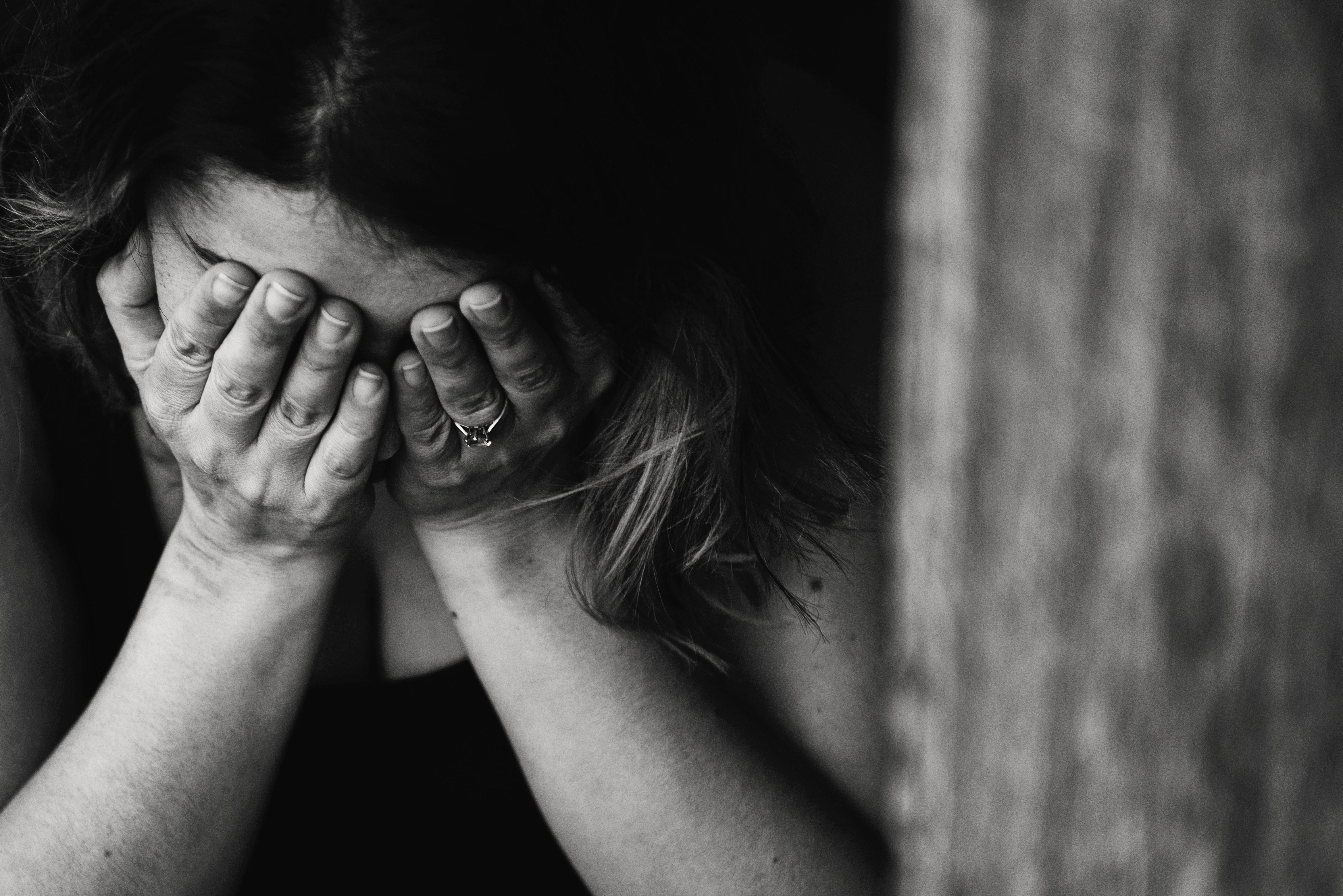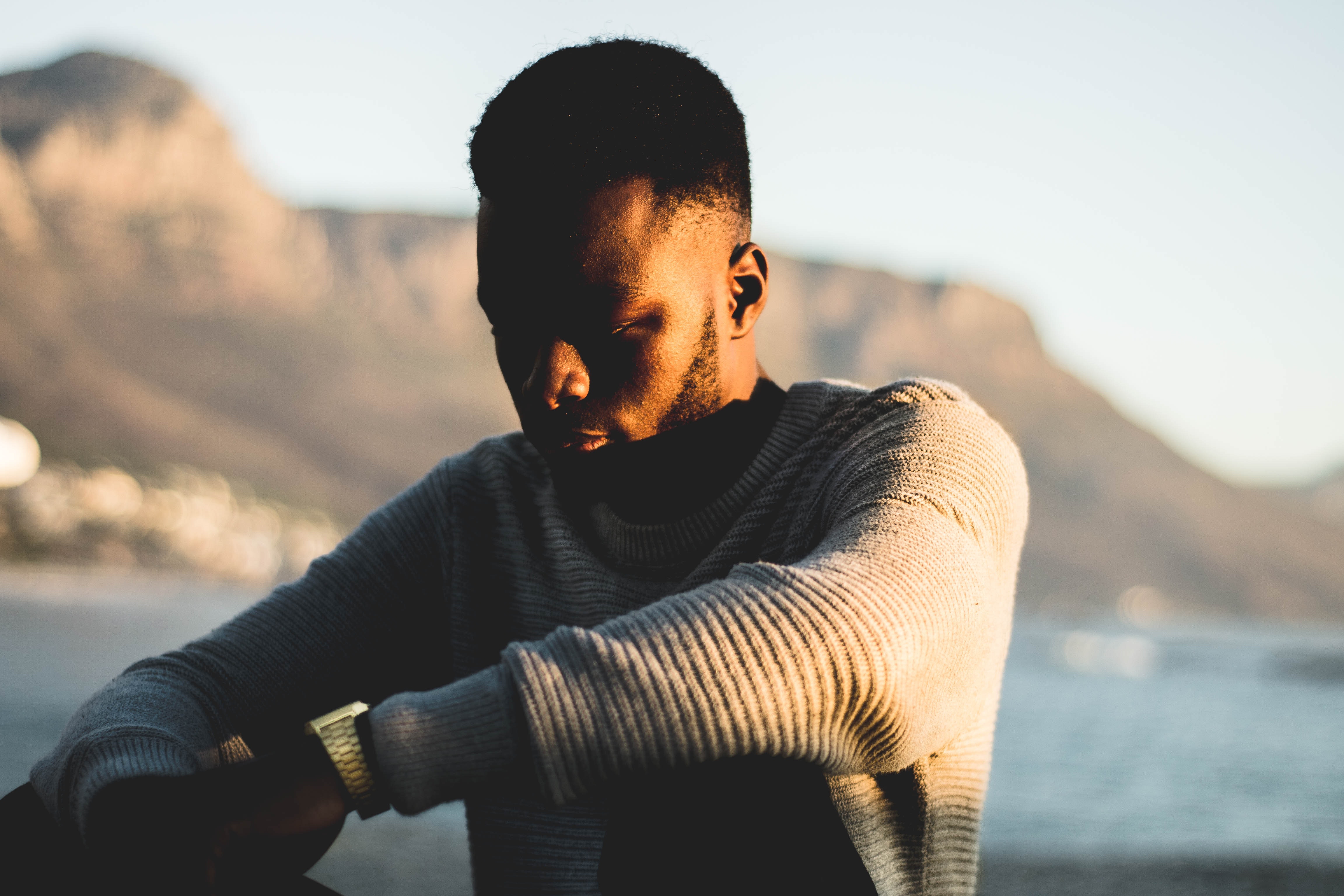Despite all the evidence to the contrary, far too many people continue to labor under the assumption that money – or lack thereof – is the only thing standing in the way of their dreams. This mindset makes sense within the context of our society, which glorifies wealth above all else. True freedom and happiness, we are led to believe, can only come with great wealth, and as a result, we are forced into a never-ending chase for more.
But as anyone who has reached the top of the financial ladder can tell you, money truly does not buy happiness. When it comes to finding genuine freedom around money, the path forward must begin with establishing a purpose for your life that is greater than money – no matter how much of it you currently have.
Think of it this way: When the financial decisions you make align with your values, spending money should make you feel fulfilled, not anxious. Think back on the last time a financial decision made you feel stressed, and ask yourself: Was that financial choice consistent with who you are as a person? Did it serve to build the life, and the world, that you are interested in building for yourself, your family, or your community? If you are feeling uneasy about it, the answer to these questions is likely, “no.”
If this is the case, you are currently stuck somewhere within the destructive cycle of wealth – and in order to get yourself on track, you must first understand this cycle, which reveals how your emotions play into your financial decisions.
Phase 1: Survivorship stress

Most of us feel a deep-seated anxiety around money. We worry about it constantly, afraid that no matter how hard we work, we may never acquire enough to establish or maintain the life we want for ourselves. This ingrained stress can, over time, lead us to making rash financial decisions that are not aligned with our values.
Phase 2: Human wants

As a result of our stress around money, we seek the accumulation of material goods to help us feel more secure. This is rooted in competition – when those around us appear to have “more” than we do – be it a nicer car, a bigger house, or more expensive clothes – it gives off the false impression that they are somehow more equipped to handle life’s ups and downs. So we create goals for ourselves with material objects in mind: Buying our dream house, driving our dream car, dressing our children in the best clothes.
Phase 3: Obtainment

Eventually, we achieve the material goals we set for ourselves. We buy the nice car, we move into the big house, and our children have an array of the best toys money can buy.
Phase 4: Relief and exuberance

Upon obtaining these things, we feel – for a moment – relief. The stress that comes with the constant chase for more subsides, and this phase is often confused with true fulfillment. Sadly, the high we get from acquiring new things and keeping up with the Joneses is very much temporary.
Phase 5: Comparative analysis

Here is where the cycle leads back to stress. Once the momentary bliss of having the things we previously coveted subsides, we begin again to compare ourselves and our choices with those who seem to be doing better than we are. We are plagued with doubt over whether we made the right decisions, and once again fall into despair over our financial future.
How do we reject this cycle? With purpose.

Most of us experience some version of this cycle many times in our lives – spending most of our time stressing out over money only to experience brief periods of satisfaction, before the stress comes rushing back. The more times we go through the cycle, the clearer it becomes that no amount of money is enough to bring happiness.
The next time you find yourself jealously surveying your neighbor’s newest luxury, consider whether the obtainment of that object would actually provide you with the fulfillment you’re looking for. What does bring happiness, freedom and fulfillment? Having a true purpose for your life, which extends to your financial decisions. Ask yourself, what were you put on this Earth to achieve? What could you do with your money that will make a difference, both for yourself, and for those around you?
Maybe your true purpose is to empower your community. Maybe it is to instill the values of love and faith within your family. Maybe it is to support causes that will make a difference in the world. Whatever your individual purpose, it must be front and center every time you make a financial decision.


